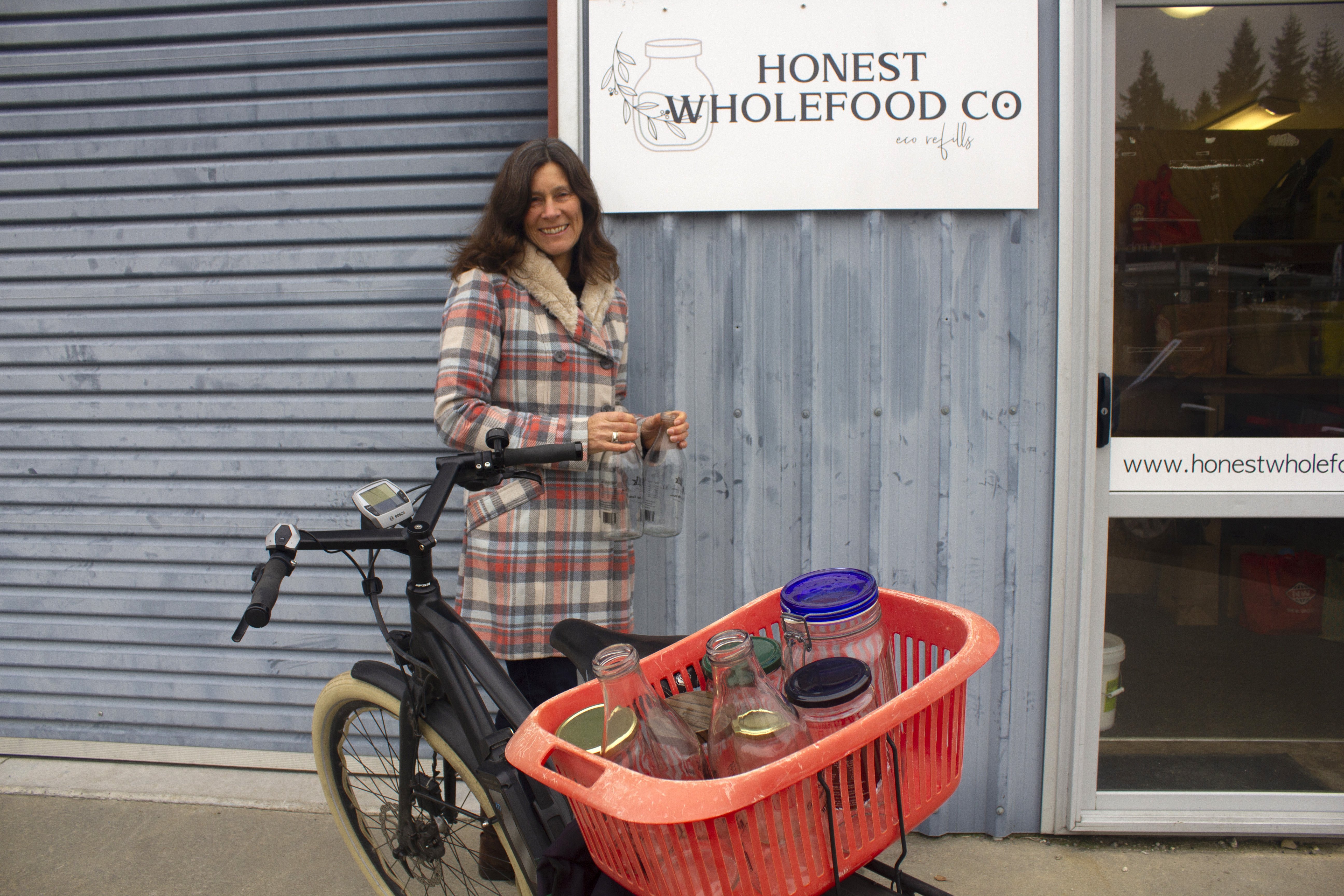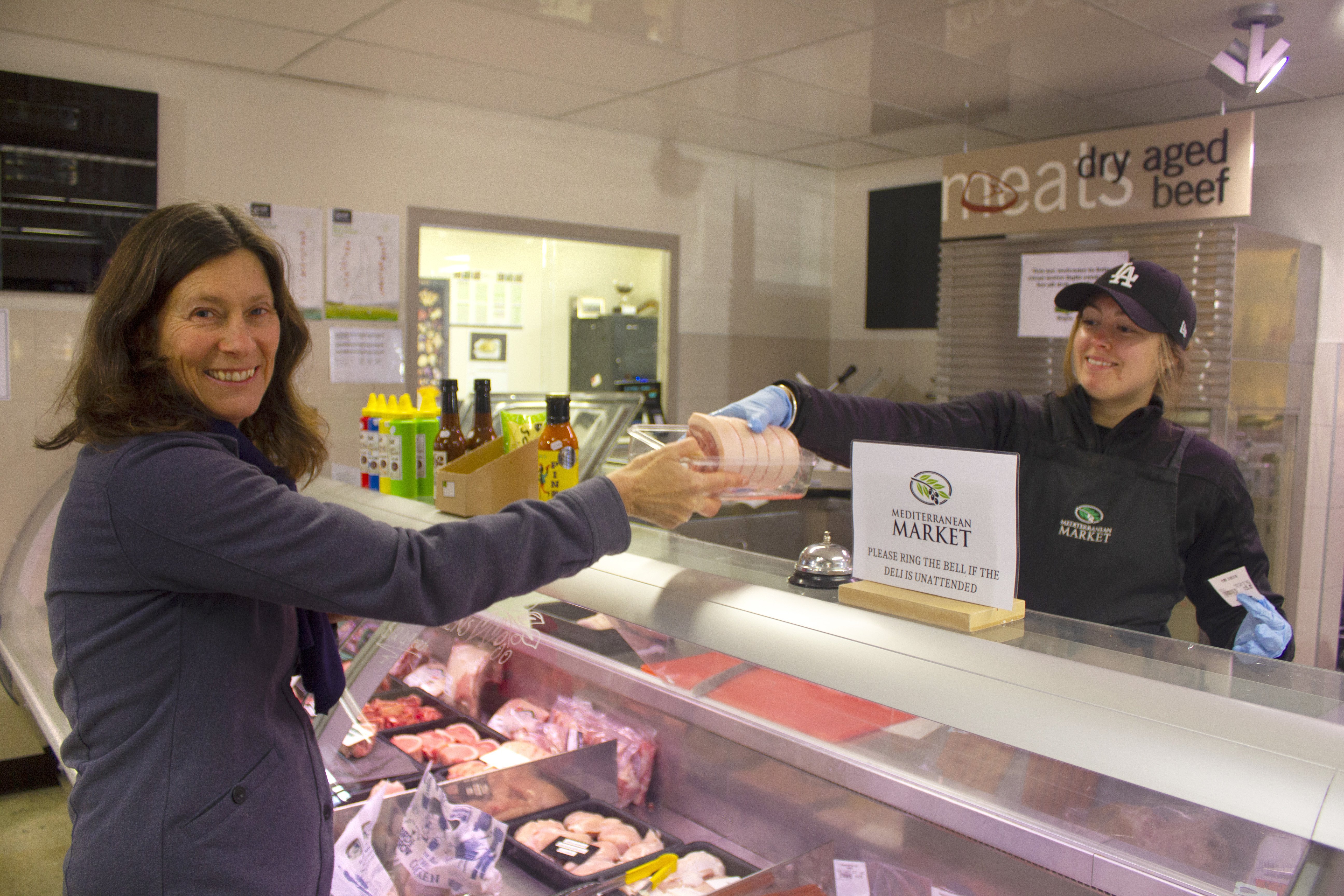
My son and niece are first-year students this year, embracing the Dunedin lifestyle. One of the less fabulous parts of the transition (for them), has been the rise of what they call "life admin" - aka those annoying jobs like laundry. I take it as a parental win that laundry has made it on to their life admin list, as I remember one flatmate, in my far-off student days, who didn’t change his sheets for an entire year.
Life admin is such a useful term that I’ve adopted it in my own life. Tax returns, the dishes, shopping, cleaning, trying to get the washing dry in Albert Town fog - one handy phrase to cover all those jobs you’d prefer someone else to be doing.
It’s useful in conversation, but it can also be used to analyse some of the bigger issues of our time: feminism - "do your own bloody life admin", the housing crisis - "too busy paying rent/the mortgage to do life admin", the rise of single-use plastics - "less life admin, more plastics in the oceans".
We’ve been sold the story that single-use plastics help to free us from life admin. It’s true that plastic cups, wrappers, bags and bottles can save us from having to plan ahead. But it’s clear that the price to the planet of that "convenience" is not sustainable into the future.

No6 "Build-up of plastic in the environment".
No7 "Not enough waste is recycled".
No10 "Overpackaging, non-recyclable packaging and landfill’.’
Research published in the journal Nature Sustainability this month found that single-use bags, plastic bottles, food containers and food wrappers are the four most widespread items polluting the seas, making up almost half of the human-made waste.
It’s easy to be overwhelmed by the scale of the problem, but there is something you can do at home to help.
Plastic-free July, which starts next week, is a chance to rethink the way we do our life admin around shopping, eating and drinking away from home. We live in a world that’s plasticogenic (possibly not a real word - but we need a way to talk about systems which enable plastic dependence). It’s very hard to go completely plastic free, but that’s not really the point of Plastic-free July, as I see it.
I’ve lost track of how many Plastic-free Julys I’ve attempted - and failed. I don’t think I’ve ever managed to go 100% plastic free for the month. My normal shopping trolley still has an embarrassing number of items of plastic in it, but each Plastic-free July has helped me adopt a new habit, which is now part of our normal life admin.
Last year it was making our own cashew nut milk. It just takes 30 seconds with a liquidiser and we are free of Tetra Paks, which cannot be recycled in Wanaka. Win, win, win!
Plastic-free July is a great opportunity to try out the new packaging-free systems springing up around us.
In the past few years, just in Wanaka, we have a multitude of ways to buy groceries and food with minimal packaging:
Refill options (dried goods, milk, detergents).
Take-your-own container options (butchers, takeaways, chocolate).
Plastic-free delivery options (bread, vegetables, eggs).
Deposit systems (reusable coffee cups).
Wastebusters has just released the report from a survey we carried out in Central Otago and Queenstown Lakes that included a question about using refill systems for pantry and household items.
Thirty percent of respondents said they always or usually used refill systems, 28% said they sometimes used them and 27% said they sometimes or occasionally used them. Only 10% said they were unlikely to try a refill system.
There were a range of reasons which stopped people using refill systems more: price, availability of products and lack of time. However, the most common reason given was "I’m not organised yet". In "life admin" world, refilling your own packaging is still in the too-hard basket for many (including me sometimes).
Plastic-free July is the perfect opportunity to try making refill part of your normal life. One of my actions for this Plastic-free July will be to buy all my dried goods from refill delivery systems in Wanaka, such as Honest Wholefoods. They do the hard work of filling my jars, but the barrier for me has always been dropping the jars off to their depot on my bike.
The joy of Plastic-free July is that when you put your mind to it, the blocks are not hard to figure out - all I need is some kind of crate to go on the back of my bike and a few tea-towels to stop the jars rattling.
The plastic-free shopping revolution is being led by local producers and retailers. These new food distribution systems not only decrease plastic packaging and waste, they also increase food resilience for their communities.
Food distribution systems without packaging are more diversified, local and decentralised. If you want our plasticogenic system to change, jump on board for Plastic-free July and support your local businesses who are offering plastic-free solutions.
Wastebusters’ 2021 Resourceful Communities survey results are available at www.wastebusters.co.nz
A Wanaka plastic-free shopping guide is available at www.plasticfreewanaka.co.nz.
Top Tips for PF July
Try out a new habit
Instead of trying to do everything, focus on a couple of changes during Plastic-free July that you think you could keep up for the rest of the year. Making a new habit will have a bigger impact on your waste in the long-term.
Don’t feel guilty
Eradicating plastic from your shopping is time-consuming and difficult. Plastic-free July is not about perfection, it’s about doing what you can do to change your habits. Supporting businesses who can sell you food without plastic is a great place to start.
Start with the top polluters
A study released this month found these are the four top polluters of our oceans. Try starting with one of more of these bad boys. Single-use bags (e.g., bags for fruit or vegetables). Plastic bottles. Food containers. Food wrappers.
Give feedback
It’s true, companies listen to their customers! Just asking for a plastic- free alternative has an impact. Often the decision isn’t made by the employee you’re talking to, so be considerate - they may secretly agree with you, even if it’s not company policy. Giving feedback through social media is powerful too - positive as well as negative.
Outsource your life admin
You can still outsource your life admin - just do it plastic free. When getting takeaways, ask if they’re happy to use your reusable container. In Wanaka, you don’t even need to remember your coffee cup, you can pay a deposit and borrow one from most cafes. And freshly baked bread delivered to your mailbox in a paper bag - that’s my kind of baking!
- Gina Dempster is communications manager at Wastebusters. Each week in this column, one of a panel of writers addresses issues of sustainability.












